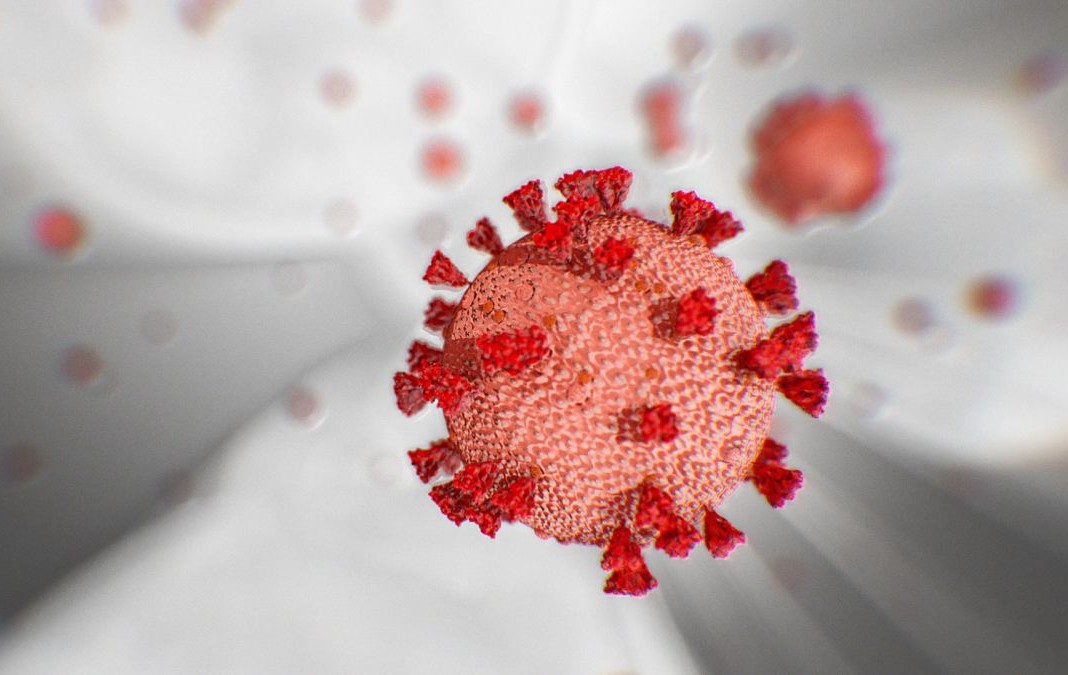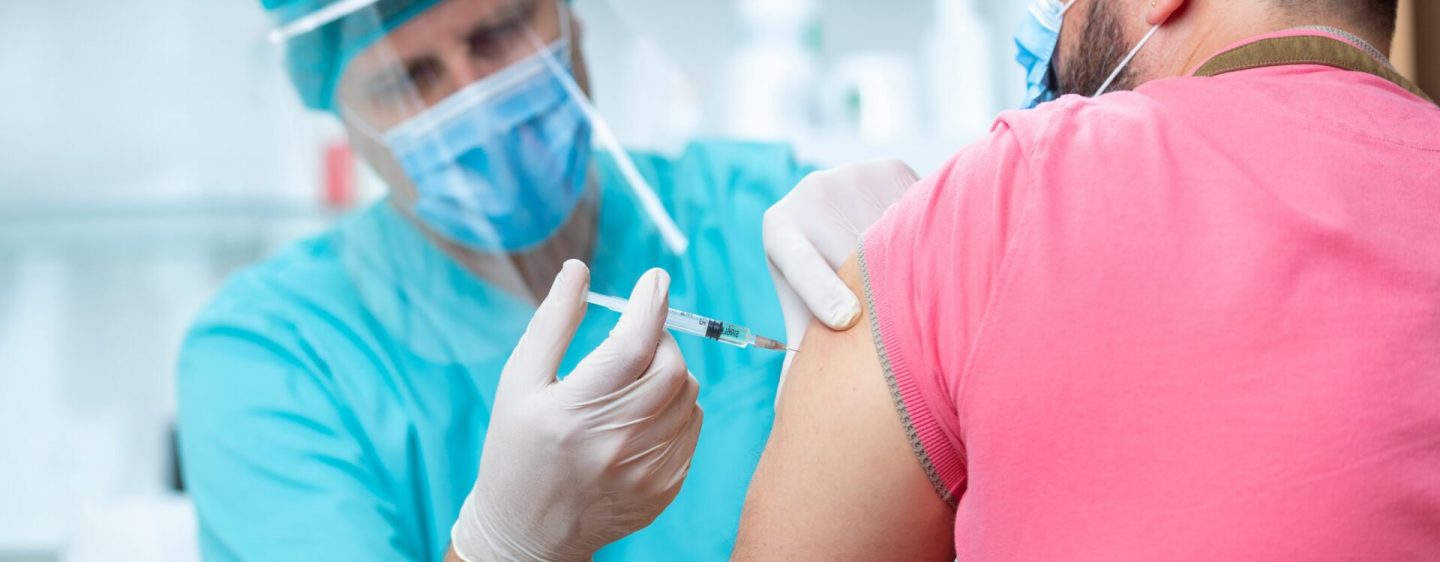
The World Organisation for Animal Health (OIE) and the World Veterinary Association (WVA) unite in encouraging countries to prioritise COVID-19 vaccination access for veterinary professionals. Veterinarians serve the health community by working at the animal-human interface. They need priority access to vaccination services in order to pursue their work, which is central to safeguarding public health.
Joint OIE/WVA Statement
Paris, 9 July 2021– The COVID-19 pandemic pushed the international community to reconsider how health professionals can address disease emergencies in a more coordinated way. As human health systems throughout the world have strained under ongoing pressure, veterinarians have been offering their skills and expertise to help fight against the pandemic.
This collaboration between animal and human health sectors is a great example of implementation of the One Health approach, as it recognises the need to join forces and capacities on common health objectives shared by both human and animal health sectors. While some veterinarians have supported the testing of human samplings, others have provided human health care professionals with life-saving personal protective equipment and respirators. By researching the origins of COVID-19, and conducting passive surveillance of animals, particularly those highly susceptible to SARS-CoV-2 (such as mink and other mustelids), veterinarians have also contributed to the world’s understanding of this complex virus.
In addition to their numerous contributions to the global response to COVID-19, veterinarians have strived to pursue their daily mission to ensure the health and welfare of animals, as well as public health. This multi-faceted profession has played a key role in guaranteeing the continued safety of food production chains, sufficient access to food, and the security of traded animals and animal products worldwide since the start of the crisis. Despite this valuable support to the health emergency response and the economy, veterinarians have been excluded from access to priority vaccinations in some countries.
Today, the World Organisation for Animal Health (OIE) and the World Veterinary Association (WVA) calls on countries to include veterinarians as priority professionals for COVID-19 vaccination within their national strategies and vaccination campaigns. By doing so, countries ensure that their:
The Health emergency workforce is safe, as veterinarians have the skills and expertise to support national COVID-19 response strategies, including the administration of vaccines to humans and the testing of human samples;
Food production chains are maintained, as veterinarians are critical personnel to ensure safe animal production and food safety.
National risk management strategies are well-respected, as veterinarians are in close contact with farmed animal species (such as mink and other mustelids), or with endangered species and wildlife which are highly susceptible to SARS-CoV-2. Avoiding the exposure of these animals to SARS-CoV-2 prevents the development of new animal reservoirs and future spillovers of the virus to humans. As a reminder, there is currently no evidence that companion animals, such as cats or dogs, are playing an epidemiological role in the spread of human infections of COVID-19.
Through the inclusion of veterinarians in priority vaccination access groups, countries support a coordinated One Health response to the COVID-19 crisis. This heightened collaboration between animal and human health professionals is key to overcoming the current pandemic, as well as preventing future outbreaks.


